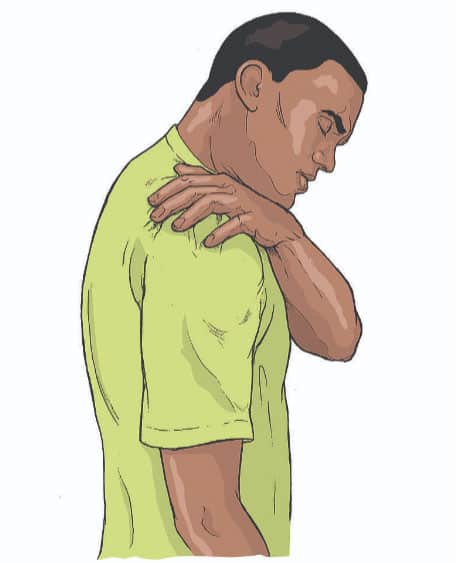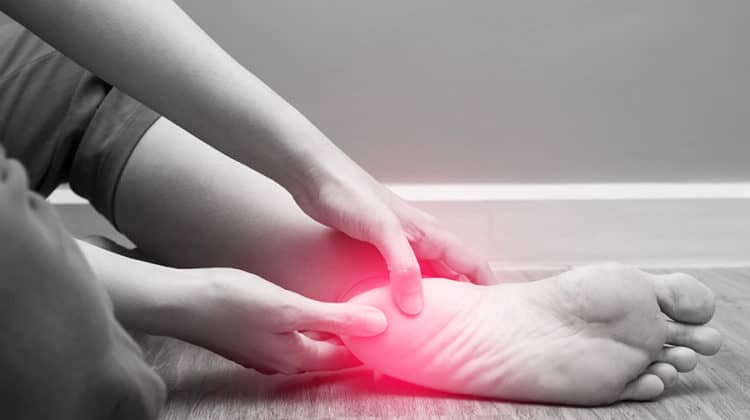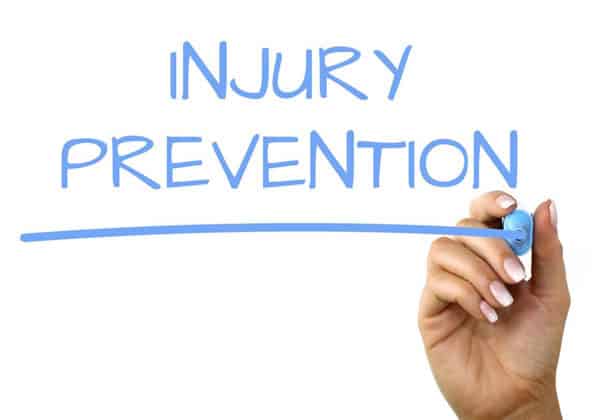Rotator Cuff Injuries

I had no idea I had one, what is a rotator cuff?
The rotator cuff is a bundle of muscles and tendons that keep the ball in your shoulder socket. These muscles also provide you with power required to both lift and rotate the arm itself. A rotator cuff injury is any strain or tear to this group of muscle and tissue.
Be honest, am I at risk?
The first group who are more at risk of rotator cuff injuries are those over the age of 40, as the ligaments tend to weaken and deteriorate with age. Unfortunately, rotator cuff injuries are more likely to appear on your dominant side, as all those days of additional use begin to rack up. On a similar note, keep an eye out for any family members who have suffered with the injury as there is a growing body of evidence that a genetic factor could be at play.
Away from age and genetics, those who participate in certain sports have a significantly higher risk of rotator cuff injury. If you’ve spent your Saturdays whipping up a demonic serve that has the other members of your tennis club trembling on the baseline, there is a small chance that the repeated strain could lead to problems down the line. Similarly, if you’ve long fancied yourself as the spiritual successor to Shane Warne, make sure that you’re proactive in your shoulder care.
Away from sport, employment that requires a large amount of repeated arm movement (think carpenters and painters) places you at increased risk. If a high proportion of this movement takes place overhead the rotator cuff is more susceptible to damage over time.
If you’re in any of these groups it might be an idea to keep an eye on any unusual sensations or niggling pains you experience through your shoulders or arms.
Why should I care?
At first a rotator cuff injury might not lead to anything more severe than mild soreness when performing certain actions on the affected side. However, if left unchecked this irritation can develop into noticeable swelling, and a reduced range of motion. In some cases, people are left unable to sleep on the affected side, which can begin to disturb your ability to function properly day- to-day. It also means your partner can’t roll you over in the middle of the night if you’re snoring too loudly.
Jokes aside, in bad cases sufferers have completely lost all movement and strength on the torn side. We don’t need to convince you that that’s a bad thing.
Can a myotherapist help?
As ever, it’s best to have a myotherapist help you uncover both the type of injury, and the cause. In rare cases rotator cuff injuries can be traced back to a single incident where high impact or strain has had an immediate effect.
More often than not, there’ll be a more subtle cause for your discomfort. This is where a myotherapist will help you both pinpoint the source, and a map a possible route to prevention. This doesn’t necessarily need to involve an avoidance of any activity, it may be a matter of altering the way the activity is being performed, or implementing a stretching or strengthening routine.
In terms of immediate treatment, a myotherapist is going to be able to offer you some much needed pain relief with a range of massages, stretches, and techniques such as dry needling. For more information on prevention of injury, contact our myotherapy clinic on 03 9078 9953.






